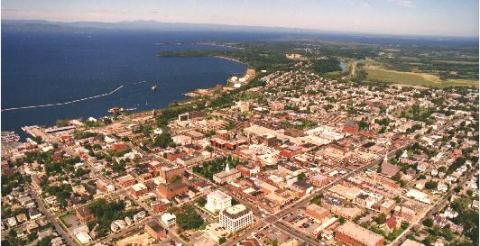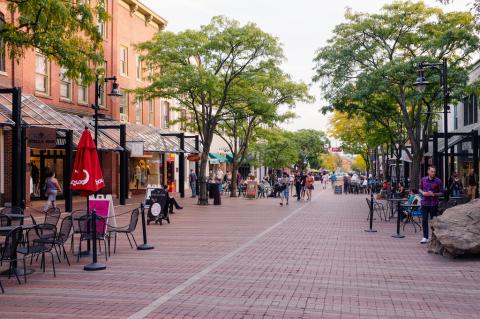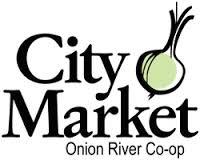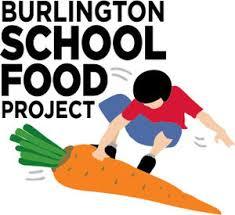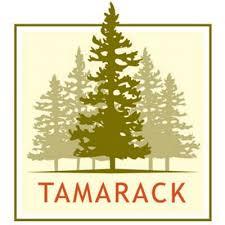Posted February 2016
Situated on the eastern shore of Lake Champlain, Burlington, Vermont is the largest city in the state and a major economic and educational center. Located just 45 miles south of the Canadian border, Burlington is home to just over 42,000 residents. According to the 2010 U.S. Census, the city is 87 percent white, 4 percent African-American, 4 percent Asian-American, 3 percent Hispanic-American, and 3 percent other.
Settled in the late 1700s, Burlington’s early history revolved around its waterfront and trade links. By the 1800s, bolstered by completion of the Erie Canal, the Champlain Canal, and the Chambly Canal, it was one of the foremost lumber ports in the United States as well as a major freight rail center. To support these activities, the city’s waterfront was repeatedly expanded, before falling into a state of polluted neglect by the 1980s as a result of economic shifts that reduced the city’s role as a transportation hub. Starting in the late 1980s, under then Mayor Bernie Sanders, the city undertook a major effort to take much of the waterfront into public ownership, clean it up, and redevelop it for a variety of public purposes.
Today, Burlington’s economy revolves around education, health care, and trade—with two of the biggest employers being the University of Vermont Medical Center and the University of Vermont. The city has a relatively high poverty rate of 25.1 percent (between 2009 and 2013) compared with the rest of the state, but has a lower unemployment rate (2.6 percent compared to a state rate of 3.7 percent). A key challenge for the city is rising housing costs, as low unemployment coupled with the city's increasing attractiveness have resulted in housing demand outstripping supply.
Burlington has a burgeoning reputation as a major center of community wealth building institutions specifically, and sustainable business practices more generally. Famously, Ben and Jerry’s Ice Cream began in 1978 at a renovated gas station in the city. While now owned by a global business (Unilever), it still retains its commitment to sustainability, social justice, and progressive causes—recently becoming one of the first wholly-owned subsidiaries to receive B Corp Certification.
In recent decades, Burlington has developed a plethora of community wealth building institutions, many tied to former Mayor and current United States Senator Bernie Sanders. Its largest housing development—the Northgate Apartments—is resident-owned with provisions to maintain permanent affordability (a development directly tied to Sanders whose administration fought off attempts by developers to turn the property into luxury condos). It has many cooperatives and employee-owned companies. Its largest grocery store, City Market, is a consumer cooperative that serves more than 4,000 people per day. Burlington is also home to one of the most advanced Community Land Trusts in the United States, the Champlain Housing Trust, which was formed when the Burlington Community Land Trust and the Lake Champlain Housing Development Corporation—both of which were created in 1984 during the Sanders administration with financial support from the city—merged in 2006. The city’s publicly-owned electric utility—the Burlington Electric Department—is perhaps one of the greenest utilities in the United States. At a larger scale, the state of Vermont also has one of the two existing publically supported centers for worker coops and other employee-owned businesses. The Vermont Employee Ownership Center (headquartered in Burlington) was formed in 2001 when Sanders, then a Congressman, secured federal funding for the center and a revolving loan fund to support employees seeking to form an employee-owned business.
A review of these and other community wealth building efforts follows:
